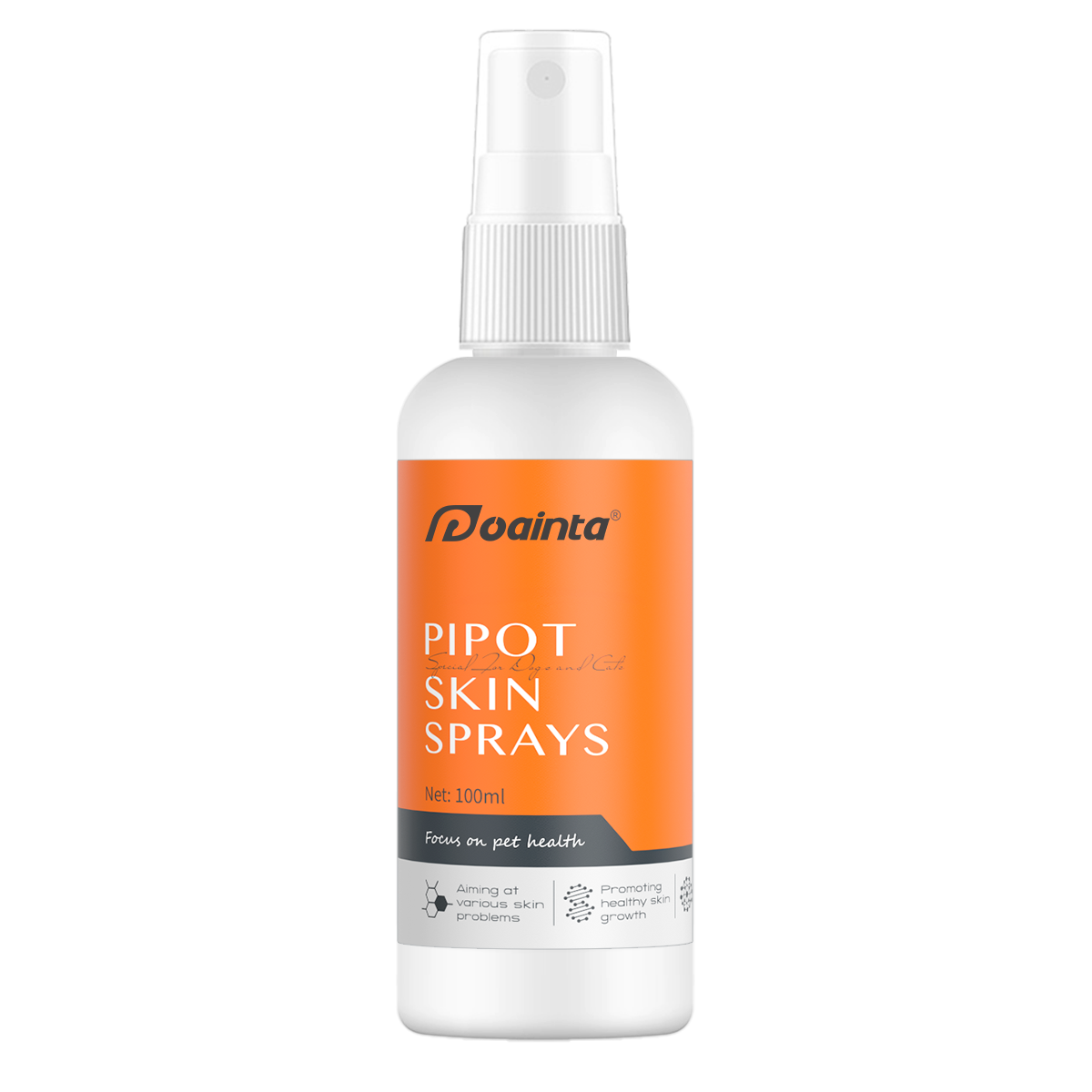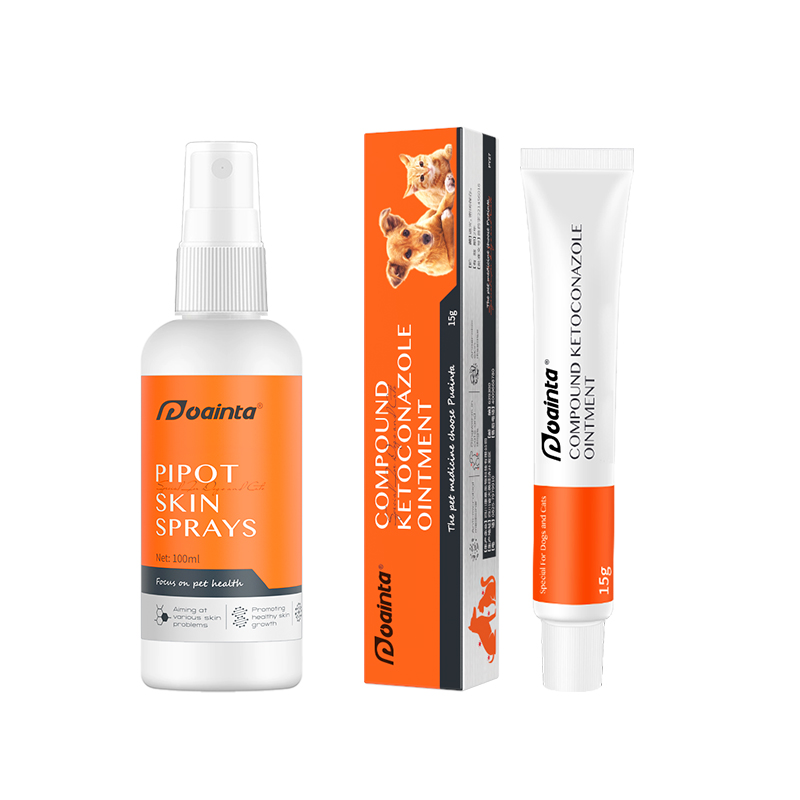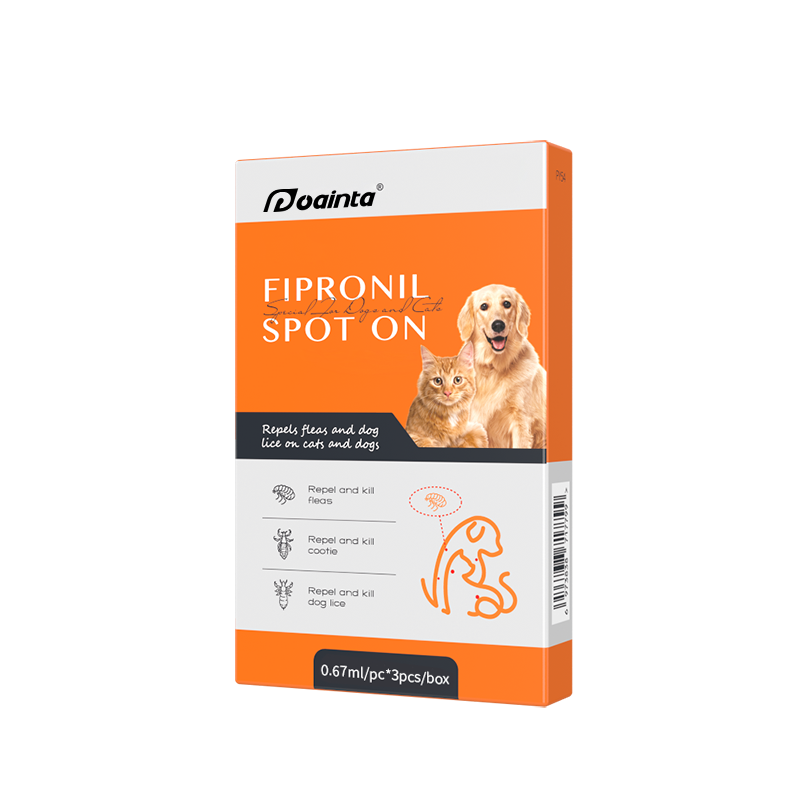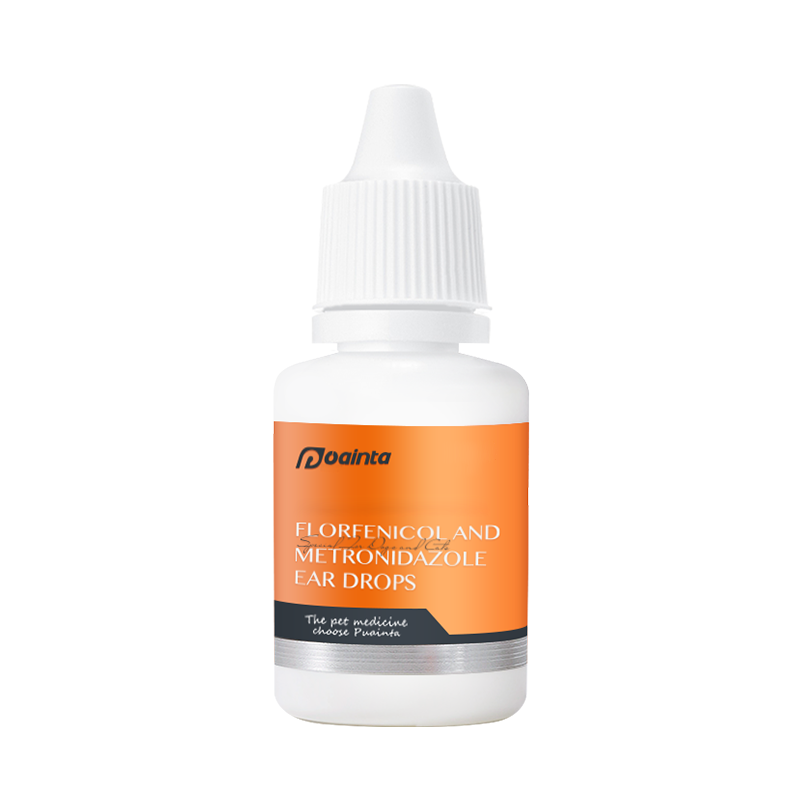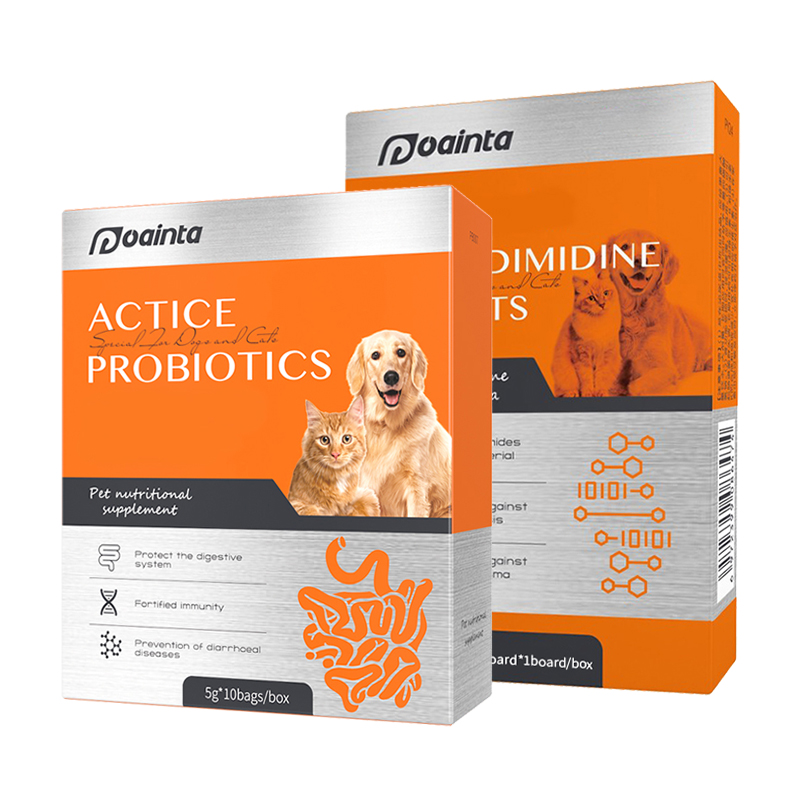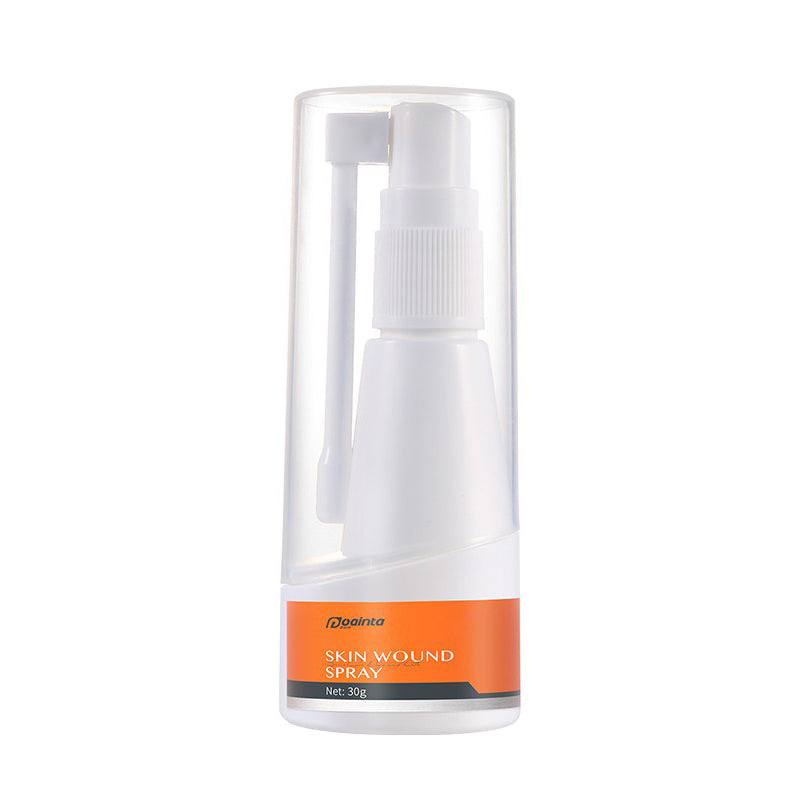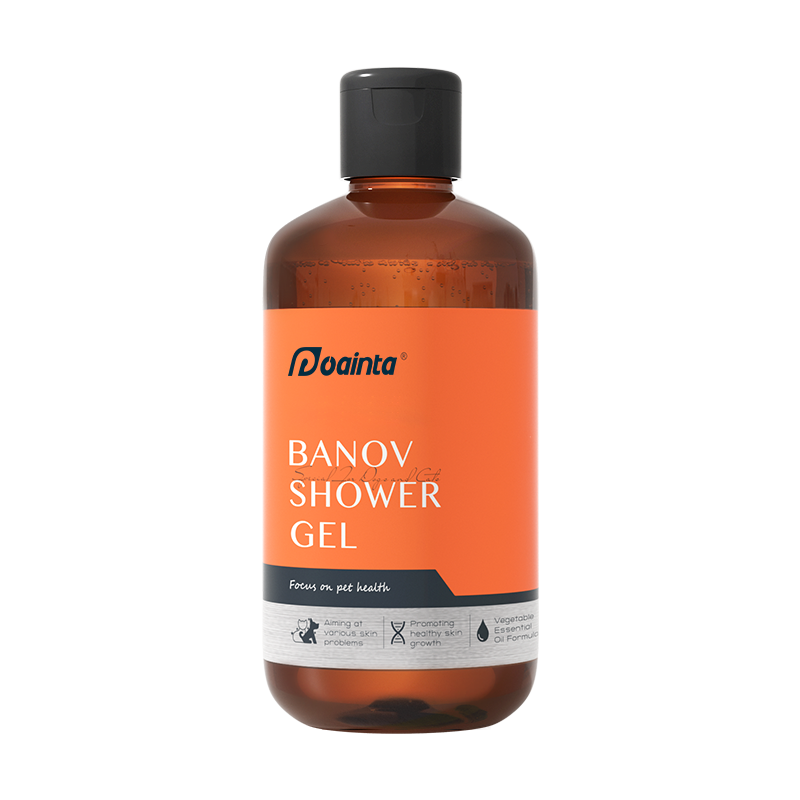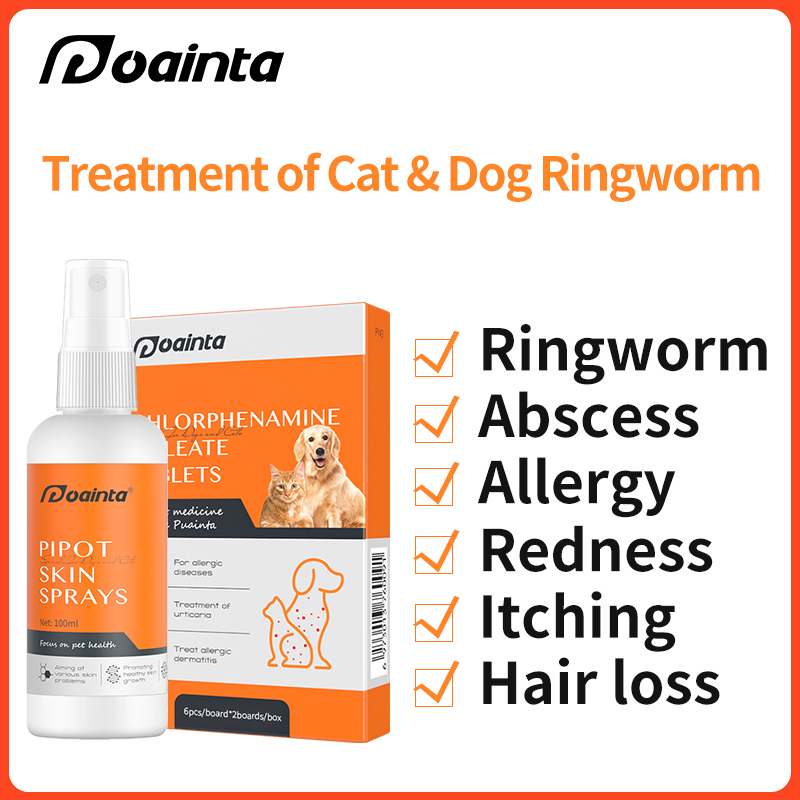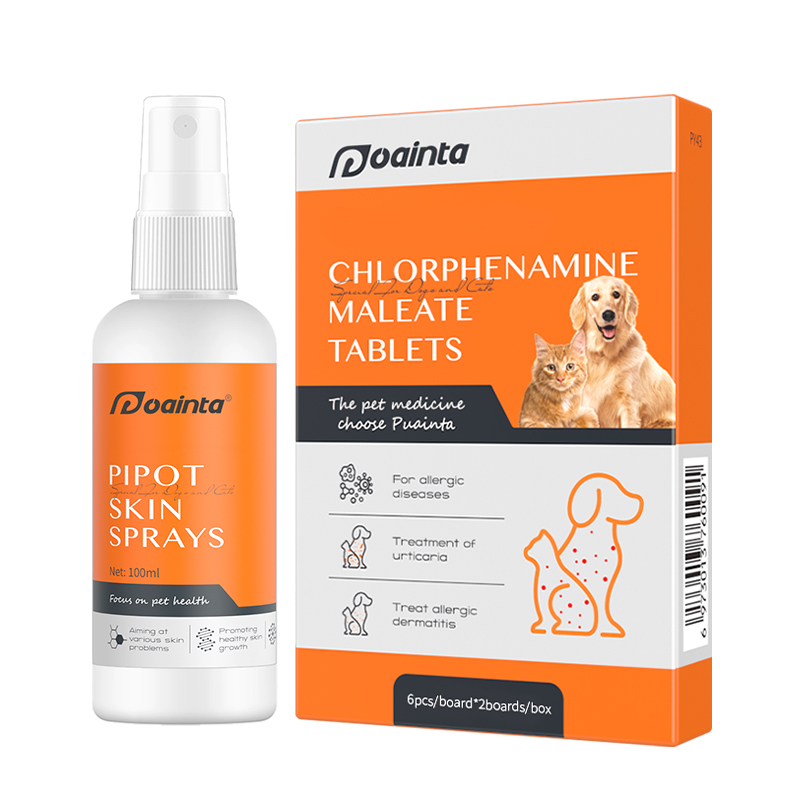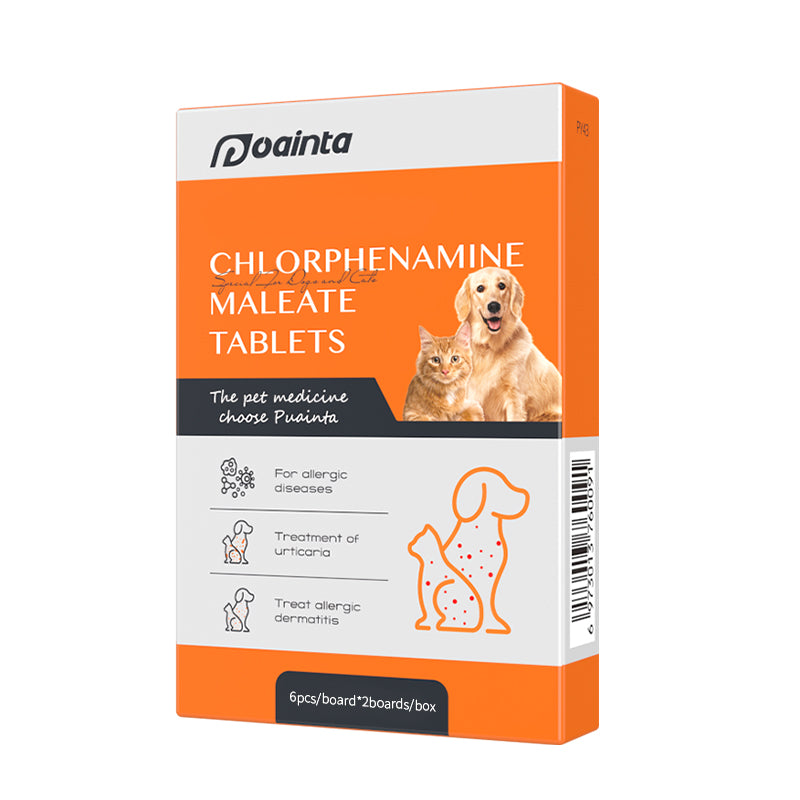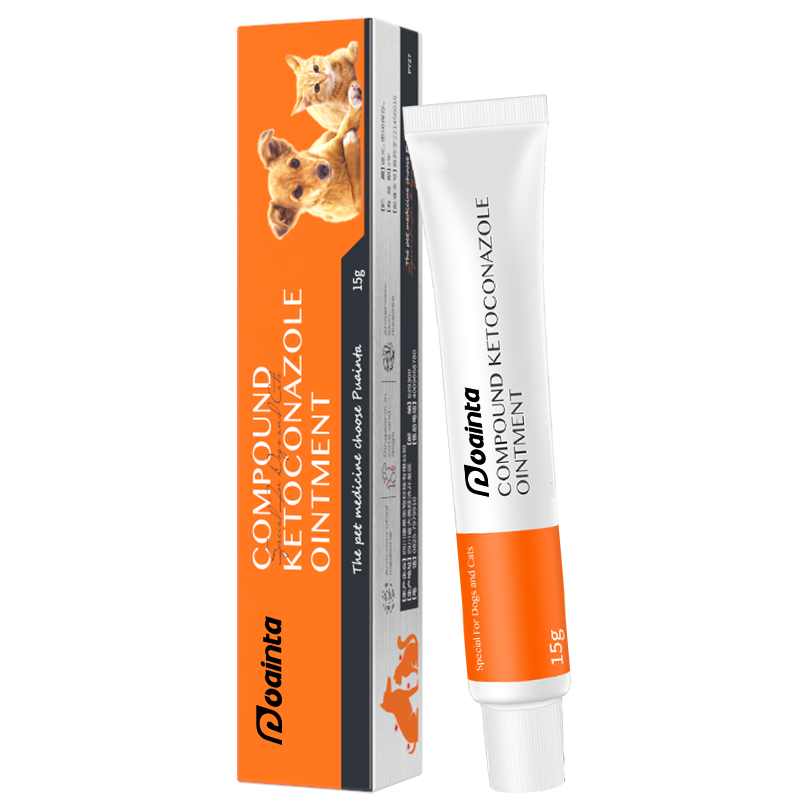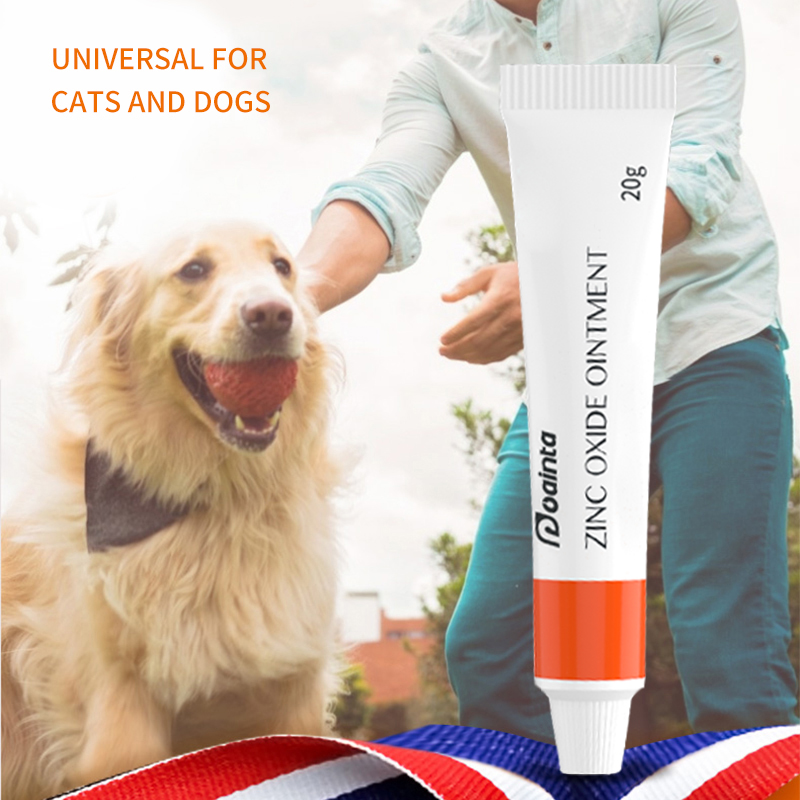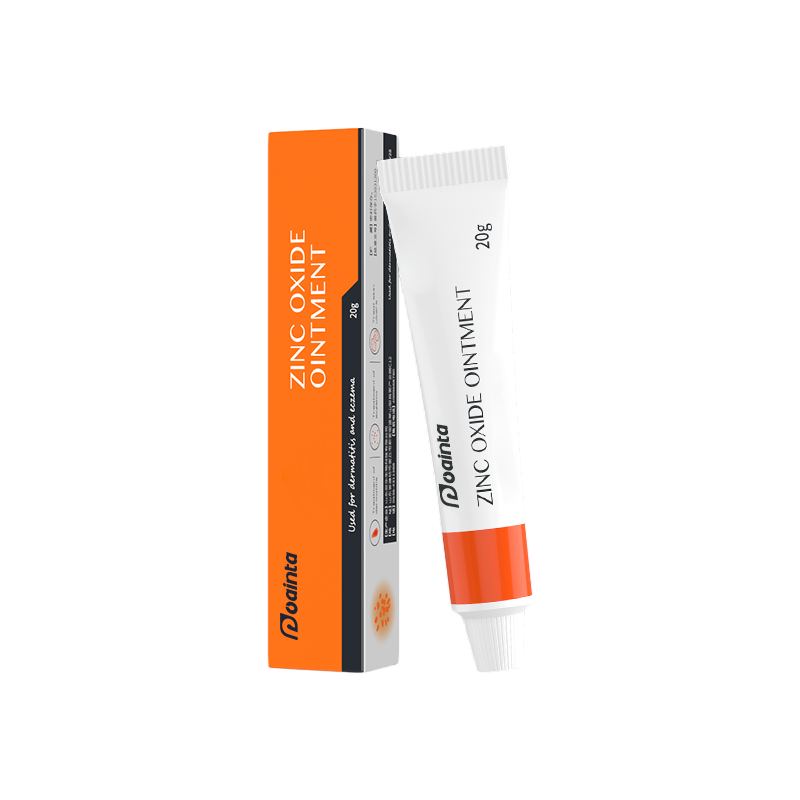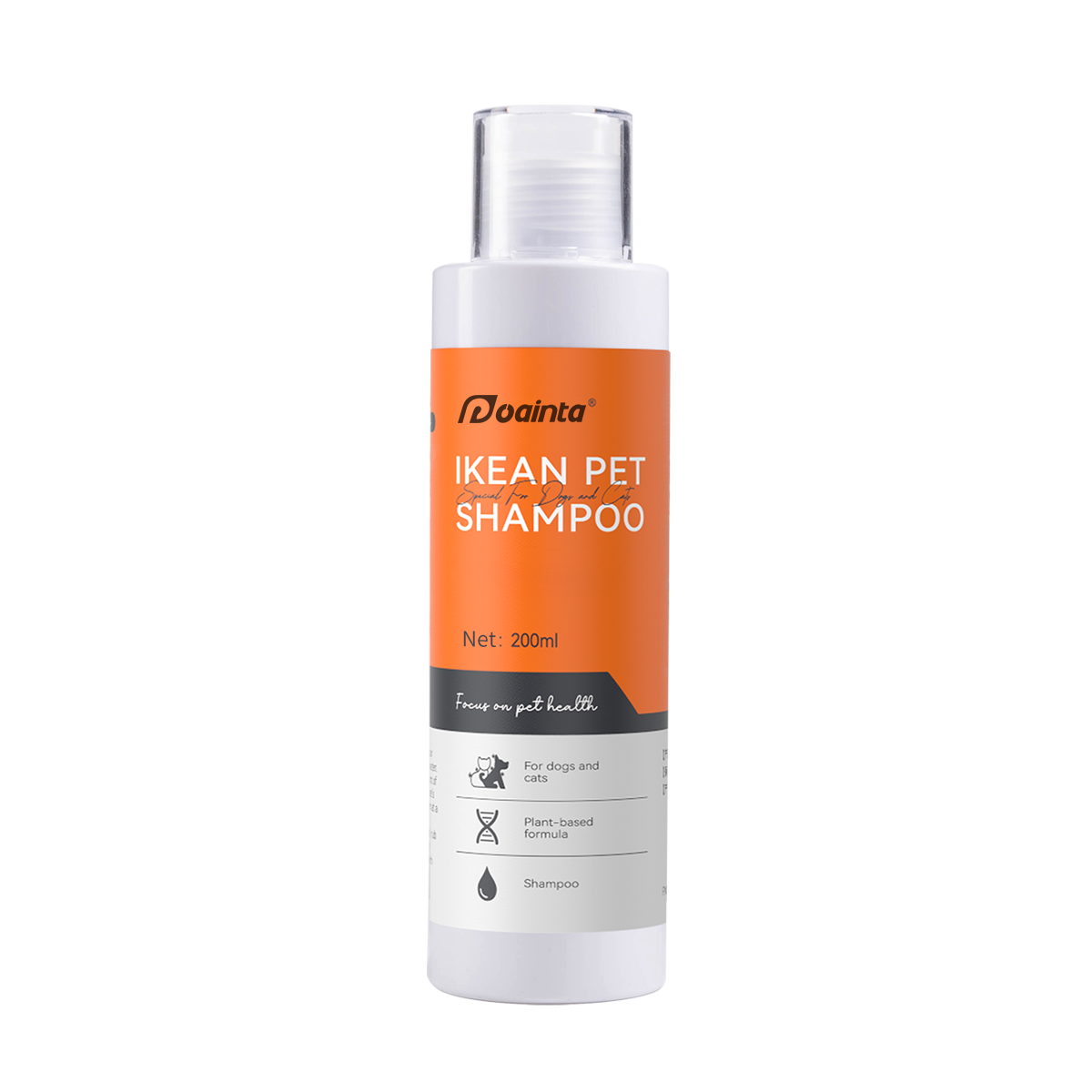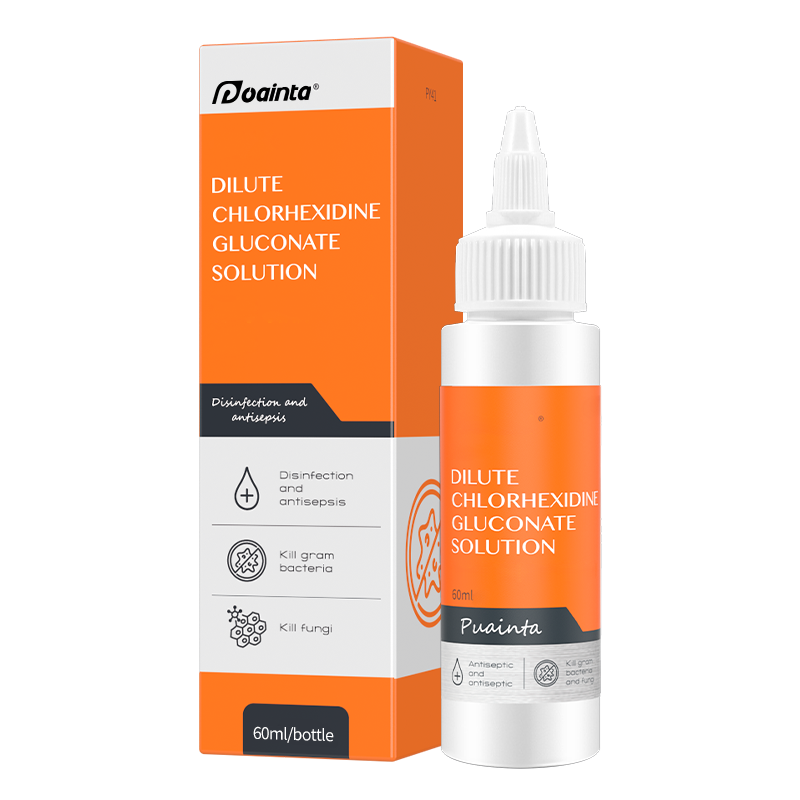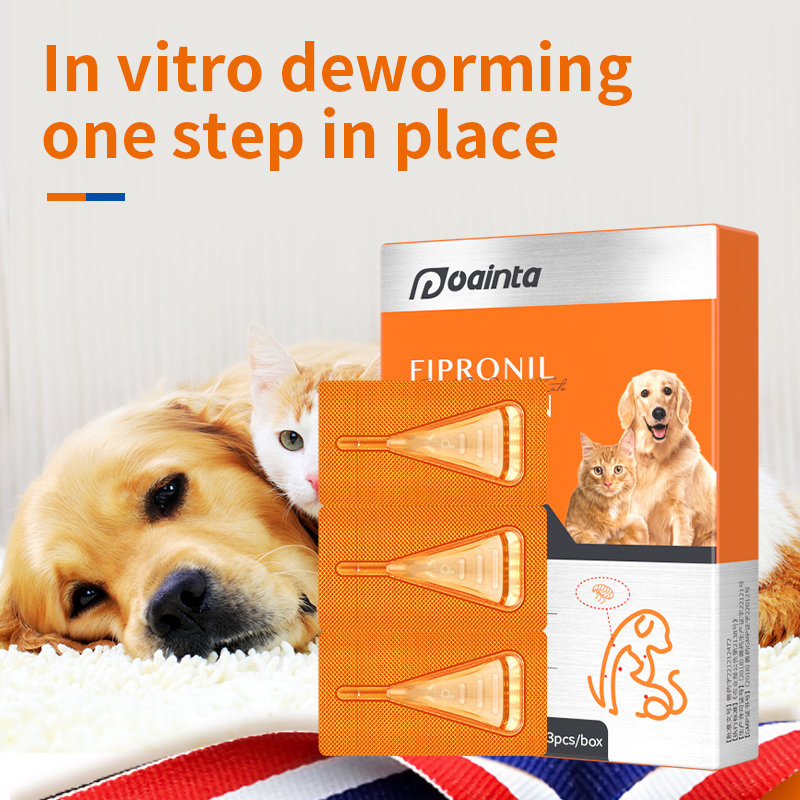If you have a dog with allergies, you know how uncomfortable and itchy their skin can become. One solution is to use an anti-itch cream specifically designed for dogs. These creams contain ingredients that can soothe and calm irritated skin, reducing the urge to scratch and bite. However, it's also important to address the underlying cause of the allergies. One way to do this is through supplements for dogs with allergies. These supplements can provide the nutrients and support your dog needs to boost their immune system and reduce inflammation. In addition to using anti-itch cream and supplements, proper skin care is also crucial. Regular bathing with a gentle, hypoallergenic shampoo can help remove allergens from your dog's skin and coat, while moisturizing and protecting their skin.
- Deutsch
- English
- Español
- Français
- Italiano
- 日本語
- Bahasa Melayu
- Norsk Bokmäl
- Nederlands
- Polskie
- Português (Brasil)
- Português (Portugal)
- Svenska
- 中文(繁體)
- Norway(USD $)
- Germany(EUR €)
- Hong Kong SAR China(HKD HK$)
- Taiwan(TWD NT$)
- Belgium(EUR €)
- Japan(JPY ¥)
- New Zealand(NZD $)
- France(EUR €)
- Sweden(SEK kr)
- Singapore(SGD S$)
- Indonesia(IDR Rp)
- United Kingdom(GBP £)
- Canada(CAD $)
- United States(USD $)
- Macao SAR China(MOP P)
- Israel(ILS ₪)
- Switzerland(CHF ₣)
- Korea(KRW ₩)
- Mexico(MXN $)
- Italy(EUR €)
- Malaysia(MYR RM)
- Spain(EUR €)
- Austria(EUR €)
- Thailand(THB ฿)
- Australia(AUD AU$)
- Philippines(PHP ₱)
- Vietnam(VND ₫)
- Norway(USD $)
- Germany(EUR €)
- Hong Kong SAR China(HKD HK$)
- Taiwan(TWD NT$)
- Belgium(EUR €)
- Japan(JPY ¥)
- New Zealand(NZD $)
- France(EUR €)
- Sweden(SEK kr)
- Singapore(SGD S$)
- Indonesia(IDR Rp)
- United Kingdom(GBP £)
- Canada(CAD $)
- United States(USD $)
- Macao SAR China(MOP P)
- Israel(ILS ₪)
- Switzerland(CHF ₣)
- Korea(KRW ₩)
- Mexico(MXN $)
- Italy(EUR €)
- Malaysia(MYR RM)
- Spain(EUR €)
- Austria(EUR €)
- Thailand(THB ฿)
- Australia(AUD AU$)
- Philippines(PHP ₱)
- Vietnam(VND ₫)
Itching, Shedding, or Dull Coat?
-
Pill/Tablet
-
Spray
-
Ointment
-
Shampoo
-
Pill/Tablet
-
Spray
-
Ointment
-
Shampoo
FAQS
For adult dogs, the general recommendation is to deworm them every 3 to 6 months.
Lactating dogs might need more frequent deworming since they can transmit parasites to their puppies through their milk. Consult your veterinarian for guidance if you have a lactating dog.
Oral medications work by being absorbed into the bloodstream, which then kills parasites when they bite your dog. Some oral medications remain effective even if your dog gets wet or bathed, as they work from the inside out.
Ultimately, the choice between topical treatments and oral medications depends on your dog's individual needs and your preferences. Consulting with your veterinarian is crucial before starting any flea and tick prevention regimen.
Flea Drops For Dogs: Topical Flea & Tick Treatment
Best flea medicine for dogs without vet prescription
Topical Flea and Tick for Dogs View all
You May Be Interested
In the early stages of heartworm infection, dogs may not show any visible signs or symptoms.
To avoid flea bites on your dog and prevent infection, you need to know what to look for. Learn the symptoms of flea bites on dogs and how to treat them effectively.
Lyme disease is an infectious disease caused by the bacterium Borrelia burgdorferi, which is transmitted to dogs through the bite of infected ticks, specifically the deer tick (Ixodes scapularis) in North America.
In the early stages of heartworm infection, dogs may not show any visible signs or symptoms.
To avoid flea bites on your dog and prevent infection, you need to know what to look for. Learn the symptoms of flea bites on dogs and how to treat them effectively.
Lyme disease is an infectious disease caused by the bacterium Borrelia burgdorferi, which is transmitted to dogs through the bite of infected ticks, specifically the deer tick (Ixodes scapularis) in North America.

